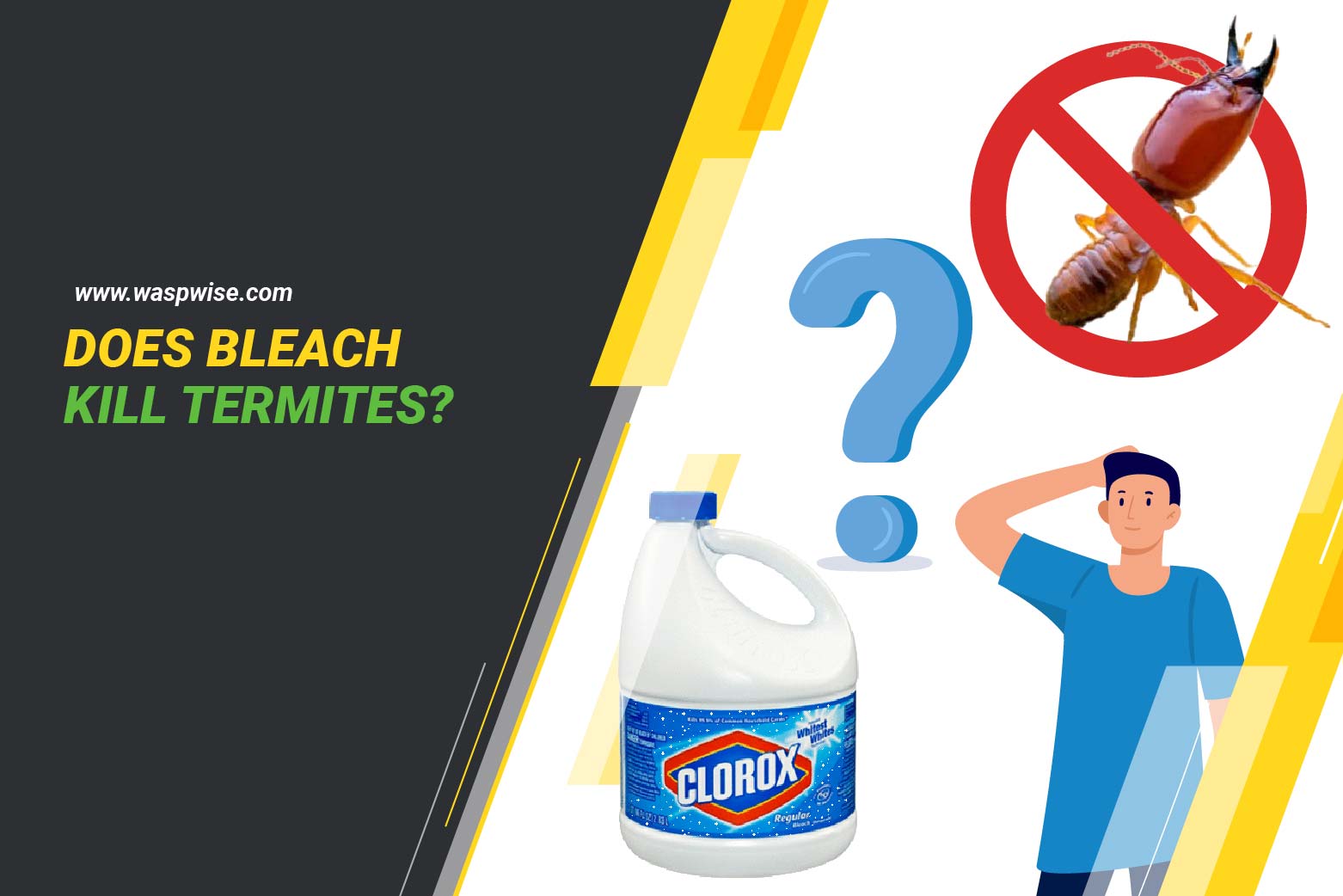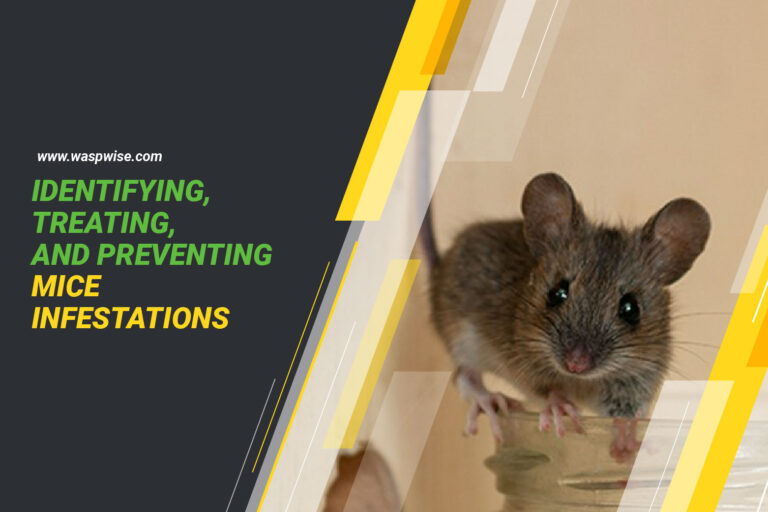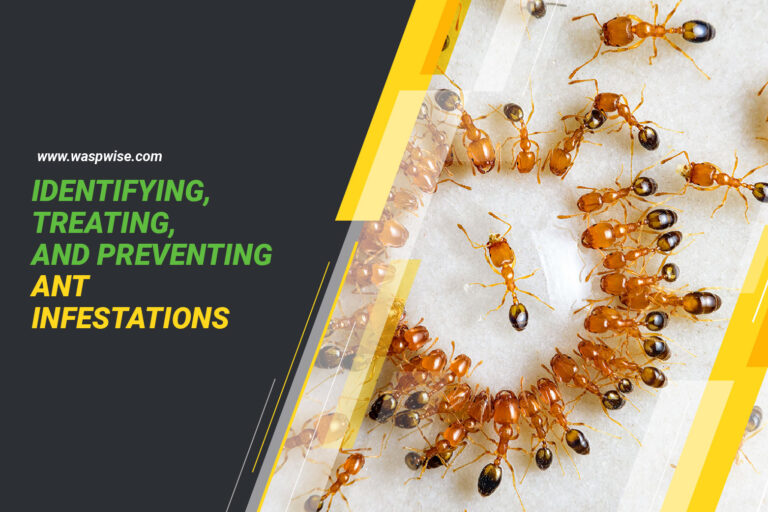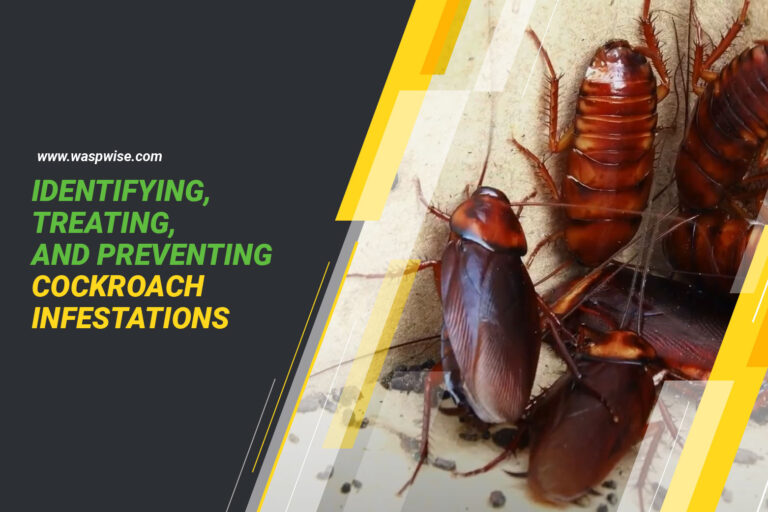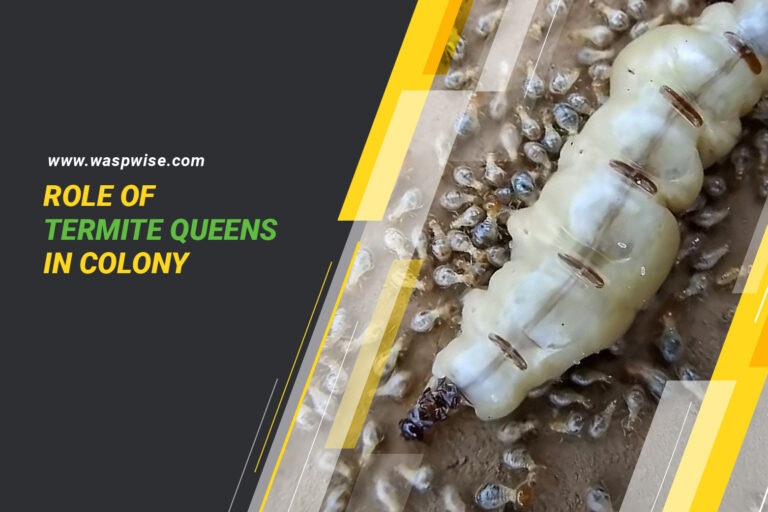DOES BLEACH KILL TERMITES? DEBUNKING THE DIY SOLUTION
Homeowners facing a termite infestation may be tempted to try various DIY solutions, including using bleach to kill termites. But can bleach really eliminate a termite problem?
What is Bleach?
Bleach is a chemical solution commonly used for cleaning and disinfecting surfaces. It is made up of sodium hypochlorite and other chemicals that make it an effective antimicrobial agent. There are several different types of bleach, including chlorine bleach, oxygen bleach, and hydrogen peroxide bleach.
Does Bleach Kill Termites?
Bleach may kill termites on contact, but it is not an effective long-term solution for termite infestations. While bleach can kill individual termites, it does not address the root cause of the infestation or eliminate the entire colony.
In fact, most pest control professionals do not recommend using bleach as a standalone termite control method. Here’s why:
- Bleach does not penetrate wood: Termites typically nest inside the wood, and bleach cannot penetrate deep enough to reach the termite colony.
- Bleach evaporates quickly: Bleach is a liquid solution that evaporates quickly, which means it is not likely to remain in contact with termites long enough to kill them.
- Bleach is not a systemic pesticide: Systemic pesticides are designed to be absorbed by plants or wood and then ingested by termites when they feed on those materials. Bleach is not a systemic pesticide and, therefore, cannot be absorbed by wood in the same way as other termite control products.
Risks and Limitations of Using Bleach for Termite Control:
In addition to its limited efficacy, there are several risks and limitations associated with using bleach for termite control. These include:
- Safety concerns: Bleach is a toxic chemical that can cause skin irritation, respiratory problems, and other health issues if improperly handled.
- Potential damage to structures: Bleach can corrode metal and damage painted surfaces, leading to costly repairs.
- Limited impact on termite infestations: Because bleach does not penetrate wood or remain in contact with termites for long periods, it is unlikely to impact termite infestations significantly.
Alternatives to Bleach for Termite Control:
If you are dealing with a termite infestation, there are several alternatives to bleach that may be more effective. These include:
- Chemical treatments: Chemical treatments can be applied directly to wood or soil to kill termites and prevent future infestations. These treatments can be highly effective but should be administered by a trained pest control professional.
- Physical barriers: Physical barriers, such as mesh screens or metal flashing, can be installed to prevent termites from accessing wood structures.
- Professional pest control services: Professional pest control companies can provide a range of termite control solutions tailored to your specific needs and situation.
Conclusion:
While bleach may seem like a convenient and inexpensive solution for termite control, it is not likely to be effective on its own. To effectively control and prevent termite infestations, it is important to consult with a professional pest control expert who can recommend the best solutions for your situation. Remember, taking proactive steps to prevent termite infestations, such as regular inspections and maintenance, can help you avoid costly damages and repairs in the long run.

